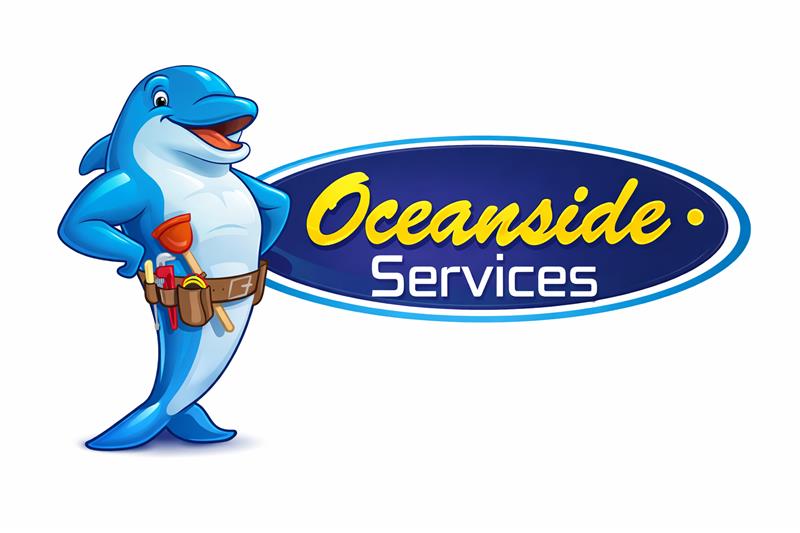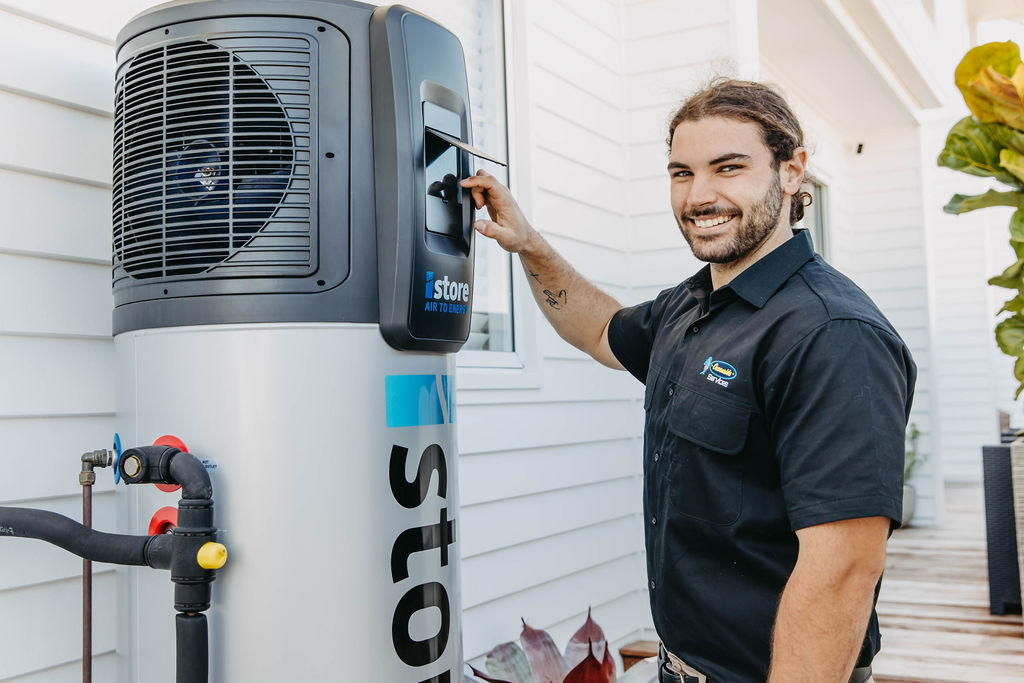Have you ever noticed an unusual force when turning on your taps or heard strange noises coming from your pipes? These are common signs of high water pressure, a preventable issue that can lead to serious plumbing problems if ignored. Unchecked, high water pressure can wear down pipes, increase the risk of leaks and result in expensive repairs.
Here are seven key preventive measures to keep your water pressure under control and prevent costly plumbing repairs.
Regularly Inspect Your Pressure Regulator
One of the first lines of defence against high water pressure is your pressure regulator. This vital device ensures that water entering your home stays within safe pressure limits. If it’s faulty or hasn’t been adjusted correctly, your water pressure may exceed recommended levels, leading to potential plumbing issues.
How to inspect: Check the regulator every six months for signs of wear or malfunction. If you’re unsure how to do this, consider having a licensed plumber assess it. A well-functioning pressure regulator can save you from future repair bills by keeping water pressure within a safe range.
Monitor Your Water Pressure With A Pressure Gauge
A pressure gauge is a handy tool that helps homeowners monitor the water pressure in their plumbing system. By attaching it to a faucet or hose bib, you can measure the current water pressure in your home.
What to aim for: Ideal residential water pressure ranges between 40 and 60 psi (pounds per square inch). Anything over 80 psi can cause excessive strain on your pipes, valves and appliances. If your reading is consistently high, it’s time to investigate further.
Check For Leaks Regularly
Water leaks can waste water and affect the overall pressure in your system. A small, undetected leak could lead to pressure fluctuations, exacerbating existing issues or creating new ones.
Preventive tip: Inspect your plumbing for any signs of leaks, especially around sinks, toilets and outdoor spigots. A common sign of hidden leaks includes unexplained increases in your water bill or damp spots on walls or ceilings. If you notice anything unusual, take immediate action before the problem escalates.
Ensure Proper Pipe Installation
Poorly installed pipes can be a contributing factor to water pressure issues. If your plumbing isn’t up to standard, it can result in restricted water flow or conversely, water hammering due to fluctuating pressure.
Solution: If you’re moving into a new home or undertaking renovations, ensure that your pipes are installed correctly by qualified professionals. They’ll be able to assess whether your current system can handle the demands of water pressure in your area, as well as suggest any necessary upgrades.
Clean Out Aerators & Showerheads
Over time, mineral deposits and debris can clog your tap aerators and showerheads, reducing water flow and affecting pressure. If left unchecked, this buildup can increase strain on your plumbing system and even cause uneven pressure across different fixtures.
Simple fix: Remove and clean aerators and showerheads regularly, ideally every few months. This easy step can improve water flow, reduce pressure problems and prolong the life of your fixtures, ensuring consistent performance throughout your home.
Consider Installing A Water Softener/Filter
Hard water, which contains high levels of minerals like calcium and magnesium, can damage your pipes and plumbing fixtures over time. The buildup from hard water can restrict water flow, causing pressure issues and increasing the likelihood of leaks or blockages.
Preventive measure: If you live in an area with hard water, installing a water softener can help prevent mineral buildup in your plumbing system. A water softener will extend the life of your pipes, reduce the risk of blockages and help maintain consistent water pressure.
Schedule Routine Plumbing Inspections
Routine inspections by a licensed plumber can catch potential water pressure issues before they escalate into costly repairs. A professional plumber will check for any signs of wear, leaks and blockages in your system and they’ll also ensure your pressure regulator is functioning correctly.
Why it matters: An annual or bi-annual inspection provides peace of mind, ensuring your plumbing system is running efficiently and within safe pressure limits. This preventive approach helps avoid expensive emergency repairs while prolonging the lifespan of your plumbing system.
Book Your Plumbing Maintenance Service Now!
Taking proactive steps to maintain your plumbing system can save you from the hassle and expense of high water pressure problems. At Oceanside Services, we understand the importance of keeping your home’s plumbing system in optimal condition.
Our team offers comprehensive plumbing repairs, maintenance services and expert plumbing tips to ensure your water pressure issues are a thing of the past. Whether it’s fixing leaks, inspecting pressure regulators or providing preventative maintenance, we’re here to help you. Get in touch with us today for reliable, expert service tailored to your needs.



 5 Star Service
5 Star Service 




